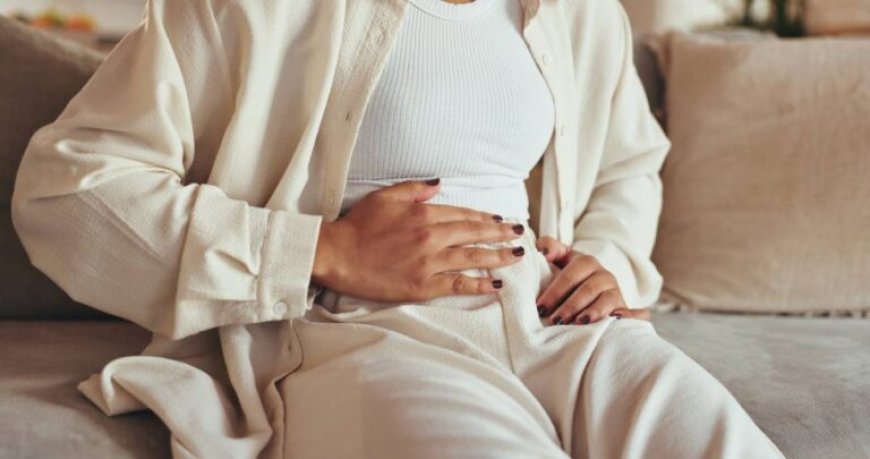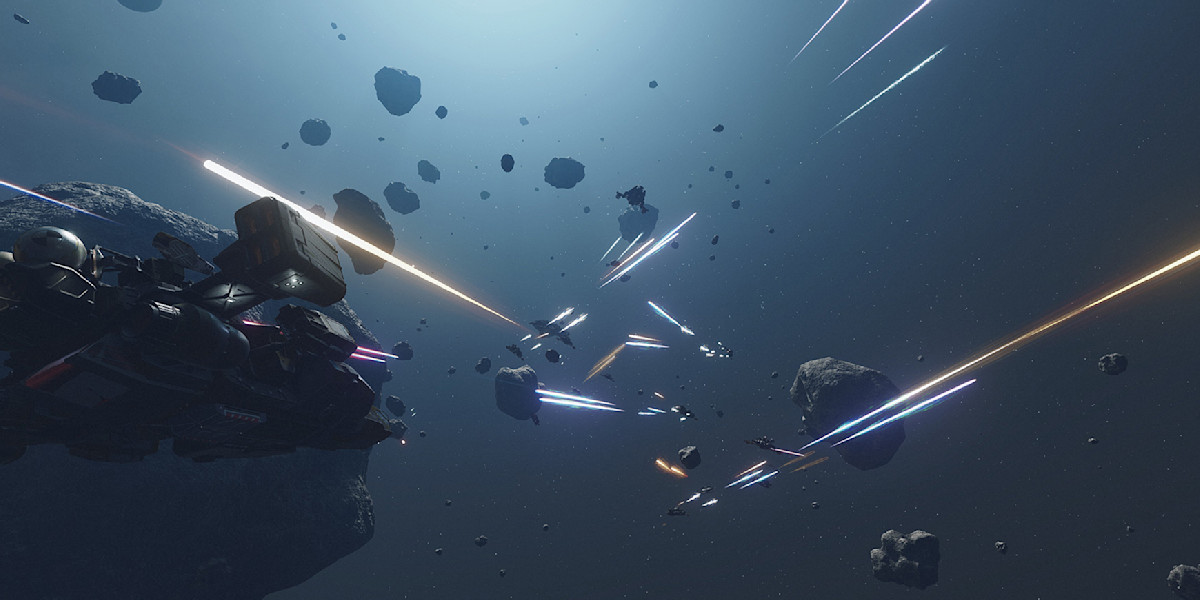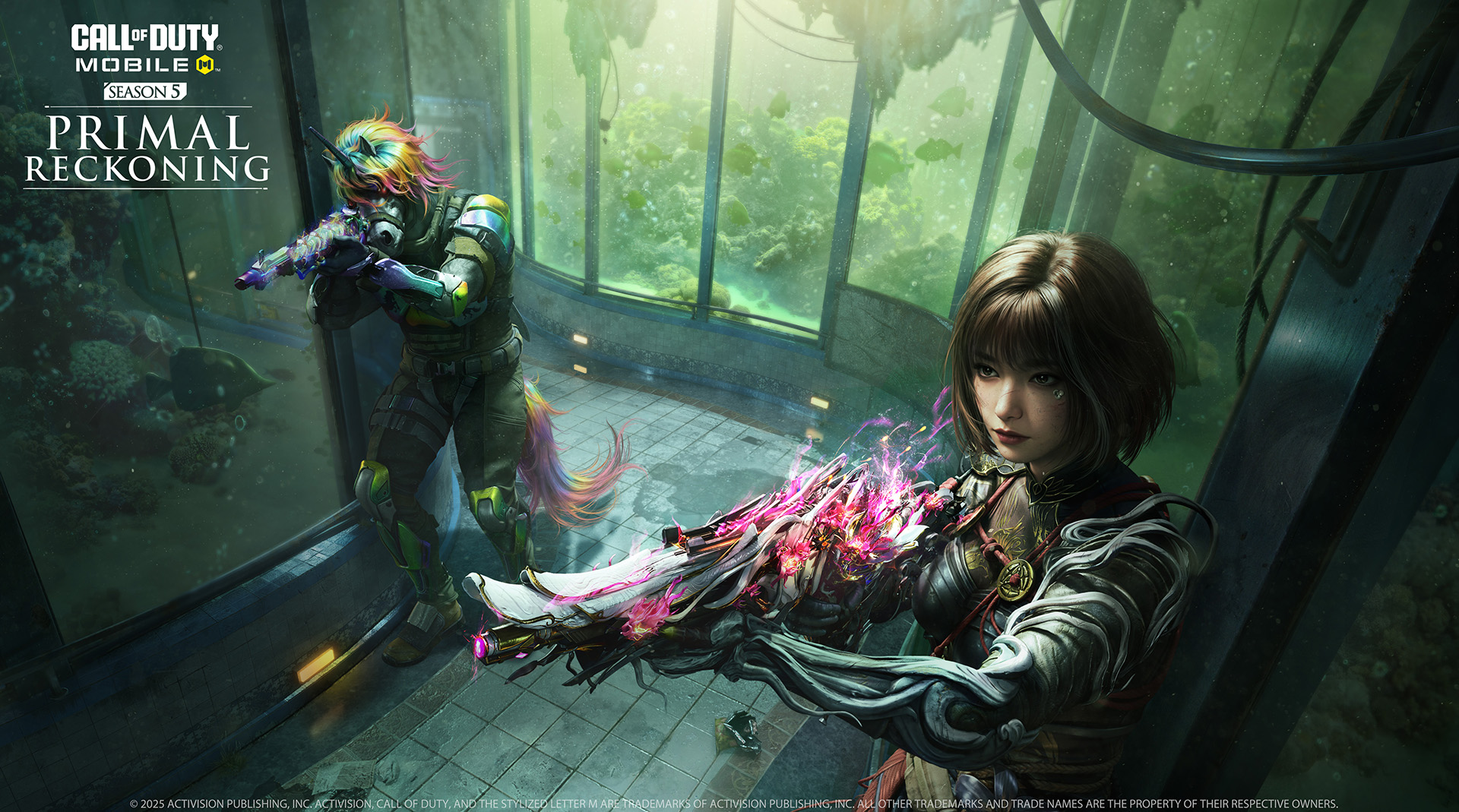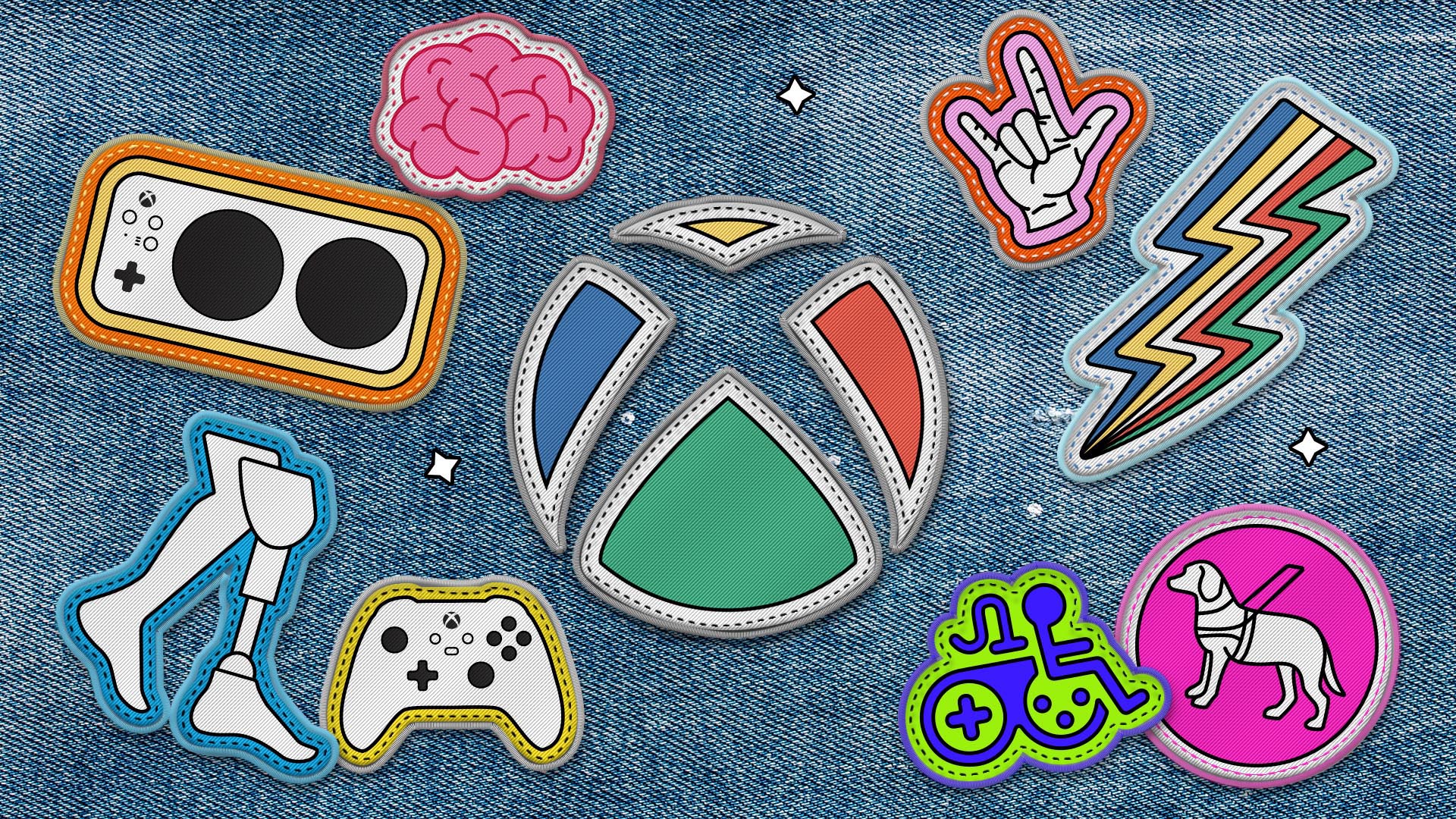Can a Bladder Infection Cause Bloating and Cramps?

Can a Bladder Infection Cause Bloating and Cramps?
Can a bladder infection cause bloating and cramps? This is a question many people ask when they experience unexpected abdominal discomfort during a urinary tract infection (UTI). While UTIs are primarily associated with painful urination and frequent urges to pee, some individuals also report symptoms like bloating and cramps, which are less commonly discussed. These symptoms can add to the discomfort and often lead people to wonder whether they're related to digestive issues or directly linked to the bladder infection itself.This article explains the connection between bladder infections and bloating, addresses common misconceptions, and explores effective ways to manage these uncomfortable symptoms.
What Is a Bladder Infection?
A bladder infection, or UTI, occurs when bacteria (most commonly E. coli) enter the urinary tract and multiply in the bladder. UTIs affect people of all ages and genders but are especially common in women due to their shorter urethra. The classic signs of a bladder infection include:
-
A burning feeling when urinating
-
Frequent or urgent need to urinate
-
Cloudy or strong-smelling urine
-
Pain or pressure in the lower abdomen or pelvis
But many individuals also wonder about additional symptoms like bloating and cramps, and whether these can be linked to the infection itself.
Can a UTI Cause Bloating?
Yes, a UTI can cause bloating, although it’s not always the most prominent symptom. The bloated feeling, often described as abdominal pressure or tightness, can be a result of multiple overlapping factors. This is commonly referred to as UTI bloating.
Why Does a Bladder Infection Cause Bloating?
When you’re dealing with a urinary tract infection, several processes within the body may contribute to the sensation of bloating and cramping.
1. Pelvic Inflammation
When bacteria infect the bladder, the body responds with inflammation. This inflammation doesn’t just stay confined to the bladder it can spread to surrounding tissues, including the lower abdomen and pelvic region. This results in a swollen or full feeling, similar to digestive bloating, and may be accompanied by tenderness.
2. Muscle Spasms and Cramping
As your bladder becomes irritated from the infection, muscles in and around the bladder and lower abdomen may contract involuntarily. This cramping sensation is often confused with menstrual pain or digestive discomfort, especially in women.
3. Bladder Pressure and Urine Retention
In some cases, people with UTIs may experience difficulty fully emptying the bladder, especially if inflammation is severe. This results in a distended bladder, which adds to the feeling of fullness and bloating in the lower abdomen.
4. Digestive Disruption
While UTIs affect the urinary tract, the inflammation and stress they cause can affect nearby digestive organs. Some people experience gas retention, constipation, or changes in bowel habits, all of which contribute to bloating. This overlap makes it challenging to distinguish between digestive bloating and UTI-related bloating.
UTI Bloating vs. Digestive Bloating: Understanding the Difference
Although UTI bloating and digestive bloating feel similar, they often have different causes. UTI-related bloating typically presents as localized swelling in the lower abdomen, especially when paired with urinary symptoms like urgency, burning, or pelvic discomfort. On the other hand, digestive bloating may occur after eating, can affect both the upper and lower abdomen, and is usually accompanied by gas, burping, or bowel irregularities.
If you’re feeling bloated without any urinary symptoms, it’s more likely a digestive issue. But when bloating comes with burning during urination or pelvic pain, a bladder infection is a likely culprit.
Can Bloating Happen Without Painful Urination?
Absolutely. Not all UTIs present the same way. Some people—especially older adults or those with recurring infections—may only experience general abdominal discomfort, pressure, or bloating without classic symptoms like pain during urination. If bloating persists and you suspect something is off, a simple urine test can confirm whether a UTI is present.
Can a UTI Cause Bloating and Cramps Together?
Can a bladder infection cause bloating Yes. Cramps and bloating often go hand-in-hand during a bladder infection. Cramping results from the bladder and surrounding muscles tensing up in response to irritation. This can feel like menstrual cramps or lower abdominal muscle tightness. When paired with inflammation-induced bloating, the discomfort can become quite intense. These symptoms may worsen when the bladder is full or during urination.
Managing UTI-Related Bloating and Cramps
While uncomfortable, bloating and cramping during a bladder infection are usually manageable and temporary. Here are some steps to relieve these symptoms:
1. Drink More Water
Hydration is one of the best natural treatments for UTIs. It helps flush bacteria from the urinary system and reduces inflammation. Drinking water also helps ease constipation or gas-related bloating that might accompany the infection.
2. Follow Your Antibiotic Prescription
Antibiotics are essential for treating the root cause—the infection. Most people feel relief within 48–72 hours after beginning medication. Make sure to complete the full course to avoid a recurring infection.
3. Apply a Heating Pad
A warm compress or heating pad applied to the lower abdomen can relieve cramps and reduce bloating. Heat relaxes tense muscles and improves blood flow, easing pain.
4. Watch Your Diet
During a UTI, it’s wise to avoid gas-producing foods like beans, carbonated drinks, and high-fiber snacks. These can increase abdominal pressure and worsen bloating. Stick to bland, easy-to-digest foods until symptoms subside.
5. Try Probiotics
Taking probiotics during or after a course of antibiotics can help restore gut and urinary tract health. Probiotics also help regulate digestion, minimizing bloating from both UTI and digestive issues.
6. Pain Relief Medications
Over-the-counter anti-inflammatories like ibuprofen can reduce inflammation and pain, making bloating and cramping more manageable.
Does a Urinary Tract Infection Cause Bloating After Treatment?
Sometimes, bloating may linger after the infection has been treated. This can happen due to residual inflammation, disruption of the gut microbiome from antibiotics, or a separate digestive issue that was coincidentally active. If bloating persists for more than a week after finishing your antibiotics, speak with your healthcare provider.
They may check for conditions like irritable bowel syndrome (IBS), interstitial cystitis, or food intolerances that can mimic or complicate UTI symptoms.
FAQs
Q: Can a bladder infection cause bloating without any other UTI symptoms?
A: Yes. Some individuals experience bloating as their primary symptom, especially if the infection is mild or localized to the bladder.
Q: Can a UTI cause bloating in men?
A: Yes, although bladder infections are more common in women, men with UTIs may also experience bloating and abdominal pressure.
Q: Does a urinary tract infection cause bloating and constipation?
A: Indirectly, yes. Inflammation from a UTI can affect the digestive tract, leading to slower bowel movements and gas buildup.
Q: How long does UTI bloating last?
A: Typically, bloating improves within 48–72 hours after starting treatment. Persistent bloating may require further evaluation.
Q: Can bloating after a UTI be a sign of another issue?
A: If bloating continues after antibiotic treatment, it could signal a gut imbalance or another gastrointestinal problem. Follow up with a doctor for a full assessment.
Conclusion
So, can a bladder infection cause bloating and cramps? Yes, and though it's not always the primary symptom, it's more common than people realize. The inflammation and urinary tract discomfort caused by a UTI can easily extend into the abdomen, creating bloating, tightness, and even painful cramps. While these symptoms can be distressing, they typically resolve quickly with proper hydration, antibiotics, and supportive care.
If you experience persistent bloating or cramping—especially without clear urinary symptoms—it’s a good idea to get tested for a UTI or consult a healthcare professional to explore other possible causes.
What's Your Reaction?
 Like
0
Like
0
 Dislike
0
Dislike
0
 Love
0
Love
0
 Funny
0
Funny
0
 Angry
0
Angry
0
 Sad
0
Sad
0
 Wow
0
Wow
0




































